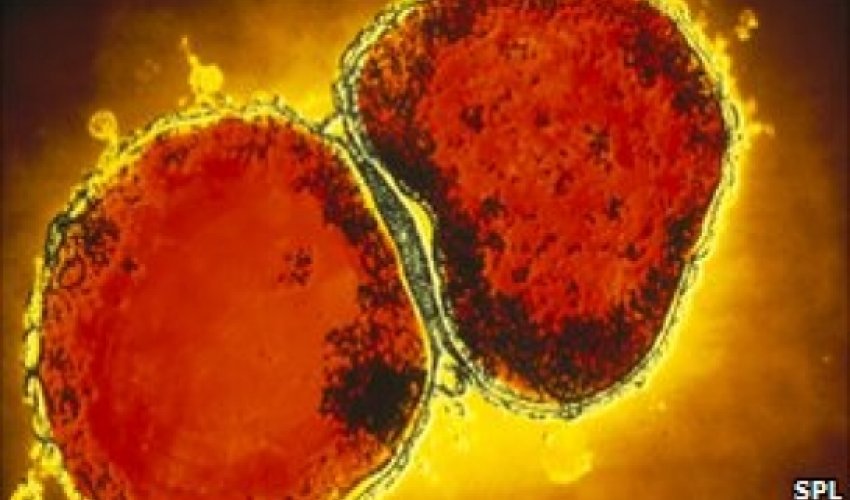Lasers used in meningitis tests by Strathclyde University scientists

It uses nanoparticles and lasers to "fingerprint" more than one bacterium at a time - and so opens the way for targeted treatment.Unless caught quickly, bacterial meningitis can lead to blood poisoning and brain damage.Details of the new test have been published in the journal Chemical Science.Bacterial meningitis is most common in children under five and it can often take time to diagnose precisely which bacteria are responsible.The new process - called Surface Enhanced Raman Scattering (SERS) - scatters laser light from a sample that has been combined with silver nanoparticles.It can fingerprint more than one bacterium at a time, allowing treatment to then be targeted.Dr Karen Faulds, a reader in the department of pure and applied chemistry at Strathclyde university, said: "Essentially what you do is shine a laser beam at the molecule and measure the shift in wavelength."This gives you a fingerprint - what you call a vibrational spectrum."And you can definitively identify that molecule."The Strathclyde researchers said their test could be applied to any kind of pathogen that contains DNA, like fungi or viruses.(BBC)ANN.Az




































 Photo
Photo 



 Video
Video 

